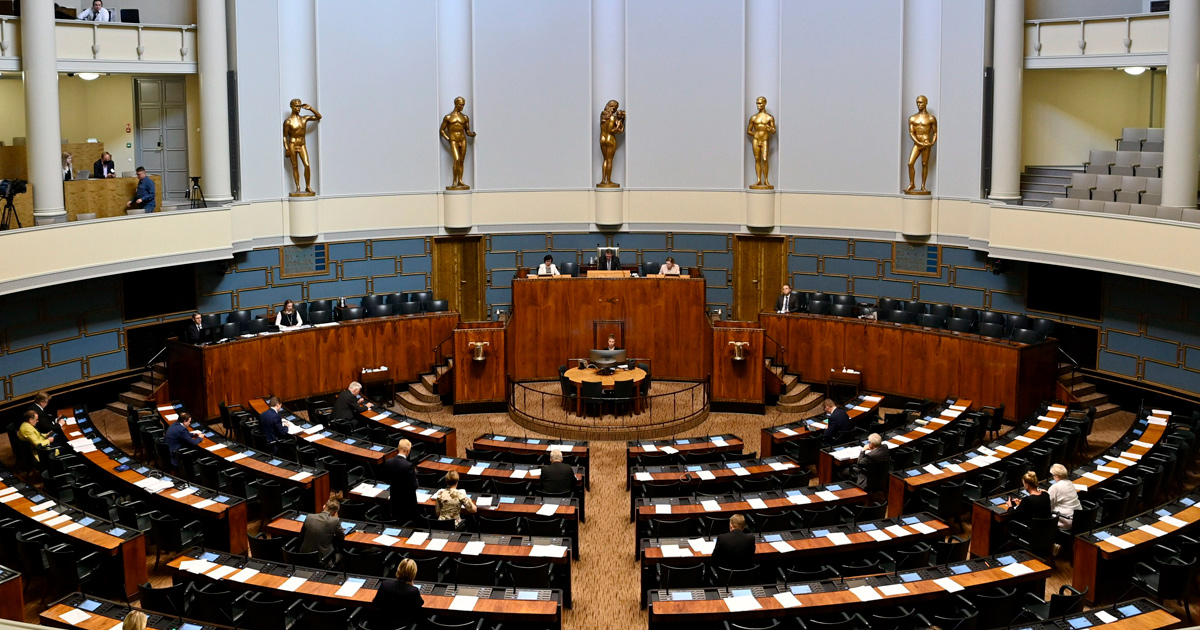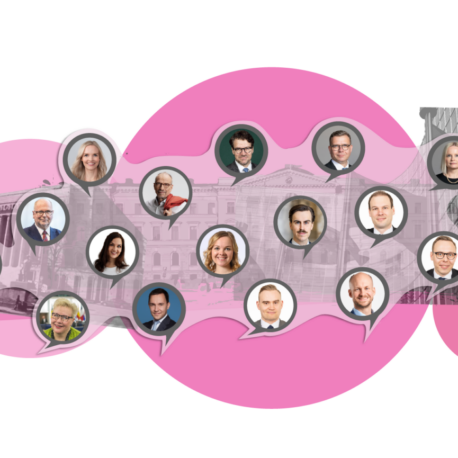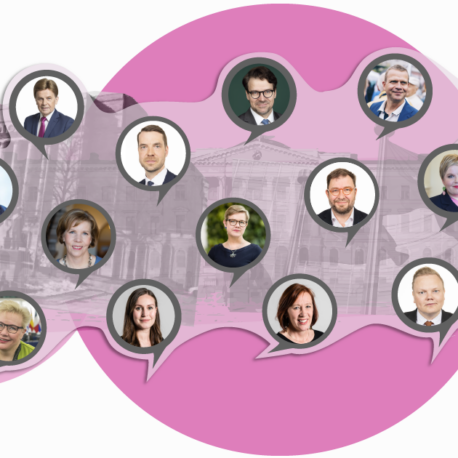
- The Finnish Parliament approved the contents of the proposed act on a statutory transparency register on 21 February 2023.
- The new act is aimed at increasing the transparency of lobbying that targets preparation and decision-making at the parliamentary and ministerial level.
- The act also affirms the role of lobbying as a valid and respectable part of democratic law- and decision-making.
In 2024, Finland will be the first Nordic country to establish a statutory transparency register. The Finnish Parliament approved the contents of the new act on a statutory transparency register on 21 February 2023. The second, formal hearing of the act was on 24 February.
“The new act has been prepared openly and in broad consultation. Its aim is to increase the transparency of lobbying that targets preparation and decision-making at the parliamentary and ministerial level. At the same time, it also works to affirm lobbying as a valid and respectable part of democratic law- and decision-making. This helps demystify lobbying, making it more commonplace and routine”, highlights Tuomo Yli-Huttula, director of communications and public relations at Finance Finland and part of the Ministry of Justice working group tasked with preparing the transparency register in his role as the chair of the Edunvalvontafoorumi, a network of Finnish lobbyists.
Edunvalvontafoorumi has been closely involved in the drafting process. “From the very start, we’ve highlighted that the new act must guarantee that interest representatives can engage in fluent dialogue with political decision-makers and officials. Legislation must not limit the ability or willingness of Members of the Parliament to meet with actors from all sectors of society.”
The legislative preparation has paid close attention to ensuring that the administrative burden on lobbyists will remain moderate. Limiting the scope of application to the Parliament and the ministries will ease administrative burden, as contact with other government agencies and public bodies will not need to be reported. Grassroots civic engagement and the majority of small associations, who only occasionally engage in low-impact lobbying, will fall outside the scope of the register.
The legislative proposal also states that the online service through which the activity report must be submitted twice a year should be designed to be as light and user-friendly as possible.
When the transparency of lobbying is improved, the full diversity of viewpoints can be heard better. A skilled decision-maker listens to the viewpoints of multiple interest groups and experts before making an informed decision. A decision-maker who only listens to the views of their own reference group cannot see the full picture and is thus unable to move things forward in a democratic process.
Finance Finland already annually publishes a report of its lobbying activities, disclosing the names of the political decision-makers it has lobbied in its key priorities. The reports have been published since 2020.
Avoimuusrekisteri.fi service launched on 1 January 2024
- The goal is to increase the openness and transparency of lobbying by obligating legal entities and sole proprietors to report all their lobbying activities and professional lobbying consultation targeted at the Parliament or the ministries.
- The scope of application is limited to the Parliament and the ministries, who are the primary targets of lobbying due to their position in the legislative and budgeting processes.
- Low-impact lobbying will be left outside the scope of the register, as will grassroots civic engagement and the activity of private persons.
- Lobbying activity is to be reported at the individual level, disclosing the names of the members of parliament, ministers, state secretaries, special advisers, permanent secretaries, under-secretaries, director generals and rapporteurs. Personal assistants and other staff of parliamentary groups are reported only in terms of their parliamentary group, without disclosing personal identifying information. Contact with other ministry officials is reported only at the level of their department and unit.
- The entities subject to the reporting obligation are required to submit a report twice a year. Each report must be submitted during its respective reporting period: the first period lasting from 1 January to 28 February, and the second lasting from 1 July to 31 August. The reported information must include who was contacted, what topics were discussed and what the primary means of contact were. In addition, an estimate of the financial resources used in lobbying activity must be reported once a year.
- The information submitted to the register is published in the Avoimuusrekisteri.fi service. Retrieving data from the register is free of charge.
- The registration authority in charge is the National Audit Office of Finland (NAOF), which is tasked with instructing the entities subject to the reporting obligation as well as with preparing detailed guidelines for the use of the service.
- The NAOF will set up an advisory council, whose role is to draw up recommendations for good lobbying practice and act as a body of cooperation for the stakeholder groups related to the regulation.
Still have questions?
|Contact FFI experts
Looking for more?
Other articles on the topic

New recommendations for good lobbying practice promote a responsible lobbying culture in Finland – Finance Finland is committed to the ethical guidelines

Finance Finland is committed to open lobbying – The 2023 transparency report covers lobbying activities in Finland and Brussels

Home is where the EU is – it’s time to roll up our sleeves and solidify our place at the heart of the Union

EU membership is part of Finland’s political and economic identity – and Finland is looking to take a more active role





